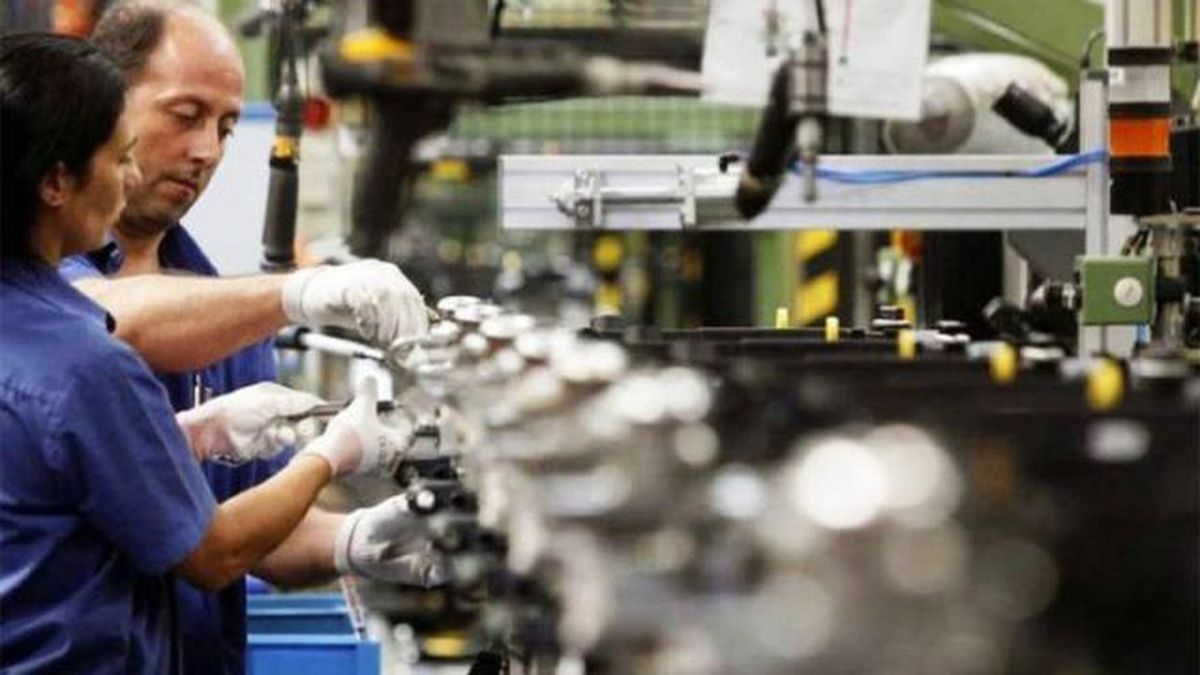The appearance of committee of SMEs, Entrepreneurs and Producers (PEP) During this weekend he relocated the debate on the labour reform in the center of the scene. In a context where Justice rejected chapter IV of the DNU referring to the issue, the group made up of more than 2,000 SMEs confirms that the proposal is “without a doubt, extraordinary.” There are contrasting views of small and medium-sized businesses regarding the need to introduce changes in the matter.
“Without a trial industry, with fair hiring conditions and expressly condemning mafia blockades, the necessary conditions are in place for investment and the creation of genuine work,” summarizes the entity’s statement, which was highlighted on Saturday by the Government. through an official statement. The Committee was consolidated to “advocate for a more flexible and adapted regulatory framework” to the needs of the sector.
According to a memo that PEP made, the reform is “without a doubt, extraordinary” for the following points: it does not allow labor dependency, establishes a trial period of eight months, liberalizes payment methods, eliminates and reduces dismissal costs, eliminates the regime of traveling salesman, limits the updating of labor credits and prohibits blocking and incorporation of collaborators for independent workers.
Different views on labor reform
In dialogue with Ambitfrom PEP they tell how the organization was created. Gustavo Lazzari, a liberal economist, was the one who proposed on December 22 at the annual meeting of the Anti-Blockade Business Movement (MEAB) the need to raise the “benefits of the reform” in a coordinated manner. For this purpose, he summoned Rodolfo Llanos, president of the Entrepreneurs’ Union, and Alejandra Vada Vázquez, director of Lácteos VIDAL.
The three were expanding the initiative through WhatsApp, sharing the invitation to join and generating meetings with deputies, senators – such as the one from the UCR, who received them almost completely – and judges from the labor fair chamber to ” express support for the deregulations proposed by the Government and the urgency for their implementation.” The official support plus the recent creation of the web domain of the entity’s page and its social networks generated distrust regarding the independence of the initiative. “The The government didn’t even find out, it knew when it was all armed,” they say from inside.
For Julian Moreno, owner of APYME, “it can always be modernized” but it would be necessary to specify in what direction. “If by modernizing we mean evolving, the objective should be to improve the living conditions of the population in general.” In that sense, he maintains that this advance “would not have to drag those who today work formally into informality.”
For the businessman, the reform proposed by Milei will cause the latter. “Given that the level of activity will be reduced by stagflation, the reform will make it easier for some employers to cushion the effect by imposing on labor rights, making the working day more flexible, avoiding overtime with the ‘hour bank’ and those that have few workers, opt for ‘collaborators’ without rights,” Moreno exemplifies.
The APYME proposal, on the other hand, has to do with recognizing which sectors cannot sustain the activity due to a high level of workload and studying a subsidy mechanism, via transfer, for those sectors “benefited by automation or that the employment relationship -product is very low.”
The economist specializing in industrial development Leandro Mora Alfonsín, puts the point on a problem that PEP highlights: labor litigation. It admits that there is a specific problem with regard to the judicialization of labor relations and that it is necessary to review the agreements in a context of technological updating. Even so, he considers that the DNU proposals “far exceed what is needed to regularize the situation.” For example, article 58 stands out, which would mark the end of double compensation for workers in private homes in the event of verification of an informal relationship. “Erodiating workers’ rights is not the same as making useful changes,” he warns. To rethink the labor market, Alfonsín understands that it necessarily requires a tripartite process: unions, business associations and the State, an element that the DNU does not propose.
In any case, the expansion of the labor universe not only revolves around the cost of the worker, but also on the creation of companies and the growth of economic activity. According to a report shared with this newspaper by National Entrepreneurs for Argentine Development (ENAC), of the last seven periods of Government, only three saw growth in SMEs, and four were destroyed. Thus, the association highlights that since 2012, when the peak of business growth was reached (610,000), no more SMEs were registered in absolute terms.
As a solution, ENAC proposes the creation of 10 thousand new SMEs over 10 years. To this end, Leo Bilanski, Its owner highlights the need to “simplify and digitize the bureaucracy in SMEs to the extreme,” considering that 85% of this universe maintains less than ten workers. “Modernization should have been progressive two years ago. Now they propose a brutal path,” concludes the representative of the entity.
Source: Ambito




